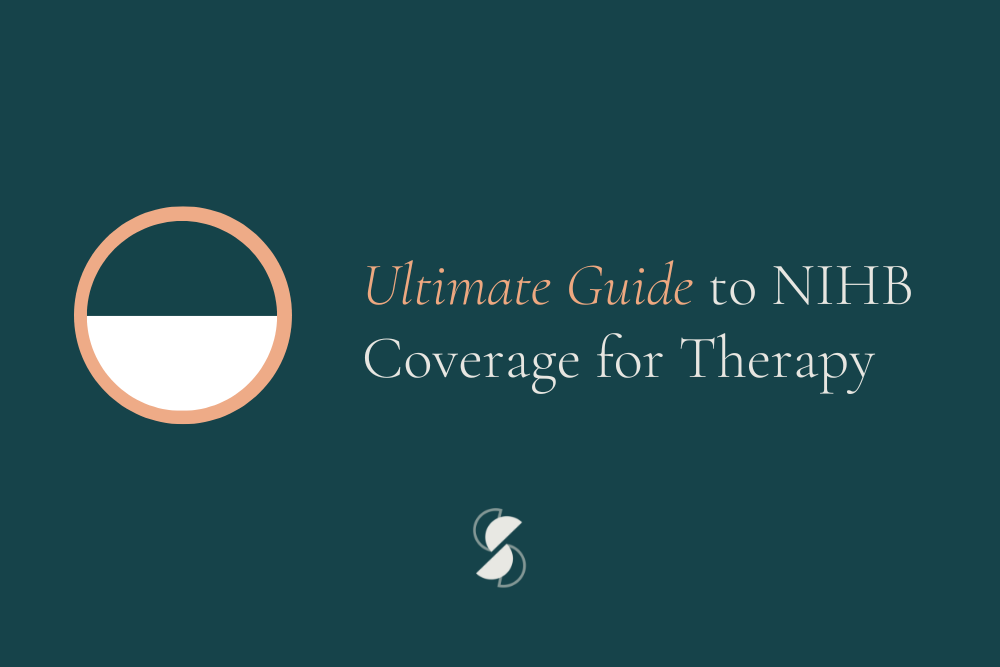Four Things I Learned from Taking Piano Lessons as an Adult

Several years ago, my partner and I bought our daughter a piano and set her up with lessons. I also started lessons to model a positive relationship with learning. Two years later, my daughter no longer takes lessons, but I still attend every Saturday morning.
Aside from a brief stint in junior high, I've never taken formal music lessons. I quickly realized that what professional pianists make look easy isn’t so easy.
The piano is more than learning the notes
I had to learn to read music, become familiar with the different notes, count and use a pedal. Playing piano wasn’t just about finding the right notes — I needed to coordinate my sense of sight, hearing, and touch with my hands and feet. My first lessons were humbling. I struggled to weave consistent practice into my already full routine, but my piano teacher gently encouraged self-compassion in the learning process.
Four things I’ve learned from taking piano lessons:
Well into my second year of lessons, here are four things I’ve learned about trying something new.
1. Accept where you are and be kind to yourself
Listening to your inner critic takes the fun out of learning. It can make the learning process stressful and drain your motivation. Remember, mistakes are part of the process. You don't need to get caught up in a struggle with your inner critic. Instead of beating yourself up, take a breath and say something kind or encouraging to yourself. Give yourself extra points if you refer to yourself in the third person. Sometimes I'll say, "It's ok, Kursten. Just keep trying. You'll eventually get it."
2. Ask for help and accept guidance
Perfection is not the goal. You’re learning a new skill and won’t have all the answers or get it right every time. A teacher can mentor you on skills, techniques, and strategies. They can share their wisdom, help you avoid the mistakes they made, and guide you toward success. In my case, my piano teacher helped me break the music into smaller, more manageable parts. Accepting guidance will help you stay motivated and set yourself up for success.
3. Respect your limits
Realize what you can commit to. Avoid overextending yourself, as this can make learning stressful. I could only commit to a 30-minute lesson per week and 10 minutes of practice per day if that. Respecting my time limits has helped me set realistic goals and stick with piano when life gets busy.
4. Practice makes progress, not perfection
When we pay attention to our tiny successes, they add up to meaningful change later on. For me, continuous practice — even in small increments — has improved my sight reading. We’re more motivated to continue learning when we aim for progress, not perfection.
Why not learn something new today?
I invite you to ask yourself: what skill, project or hobby do I want to try? When you take up a new hobby or learn something new, take a moment to be mindful of where you are in the journey. Practice self-compassion and fully engage with the learning process, keeping your goal on the horizon.





